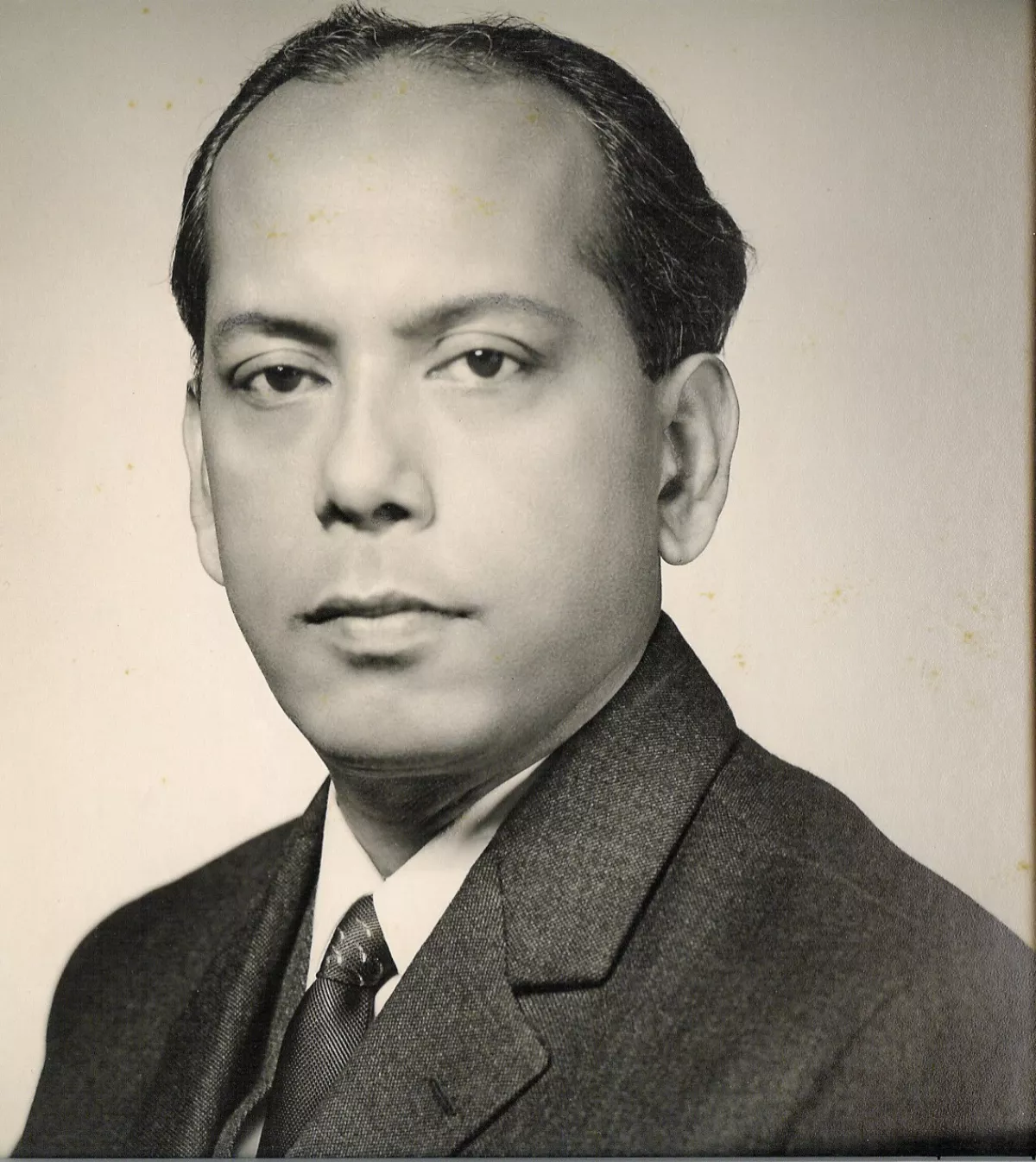 1.
1. Abul Fateh was a Bangladeshi diplomat, statesman and Sufi who was one of the founding fathers of South Asian diplomacy after the Second World War, having been the founder and inaugural Director of Pakistan's Foreign Service Academy and subsequently becoming Bangladesh's first Foreign Secretary when it gained its independence in 1971.